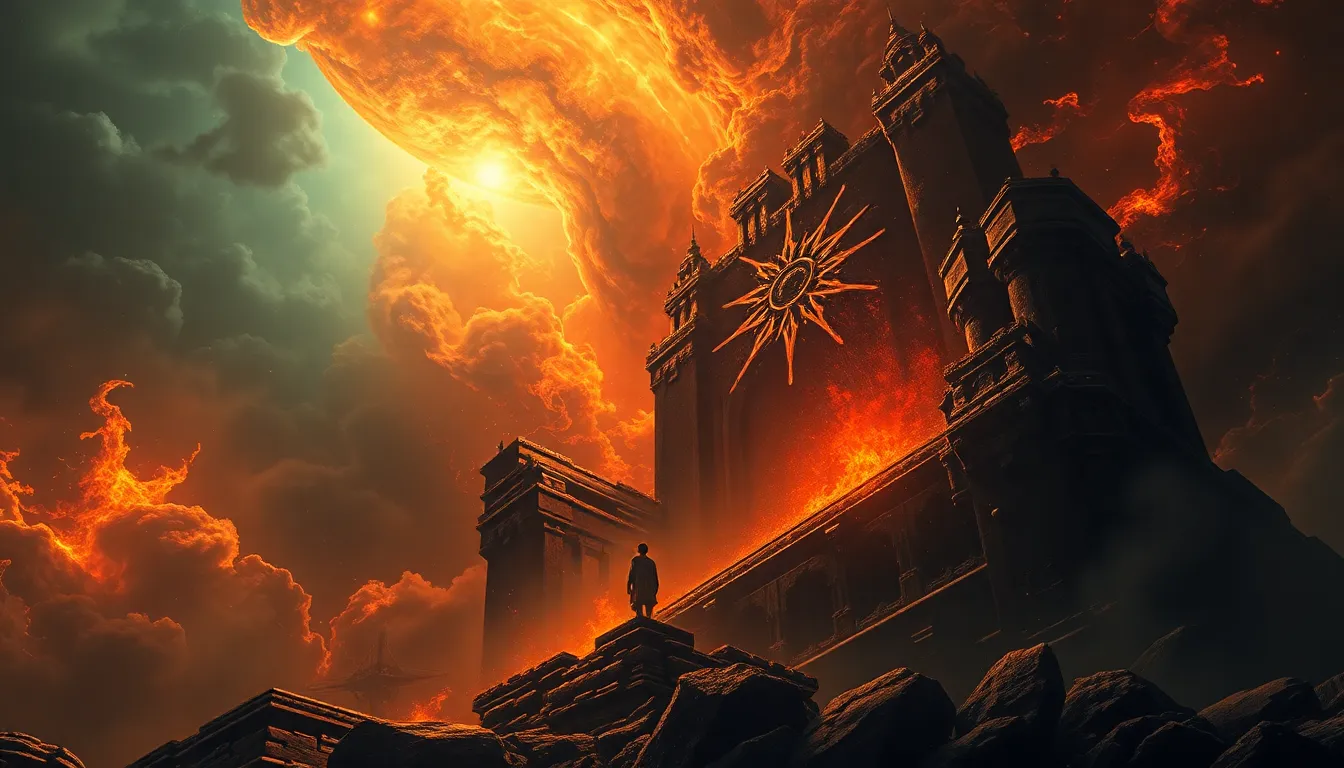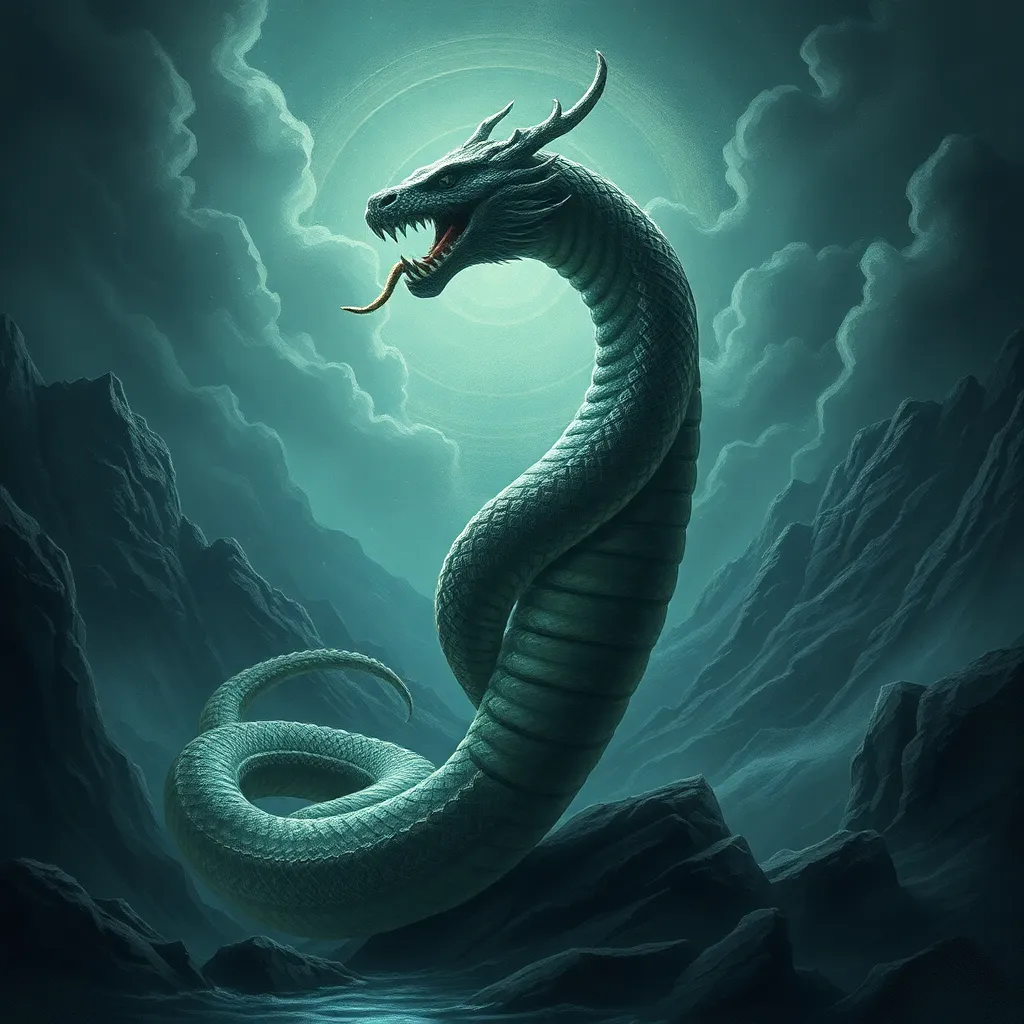The Symbolism of Dreams and Reality in Norse Mythology
Understanding the Importance of Dreams in Norse Mythology
Dreams held significant meaning in Norse mythology, often serving as a bridge between the realms of the divine and mortal. According to Norse beliefs, dreams were considered a way for Gods, particularly Odin, to impart wisdom, foresight, and prophecies to individuals. Odin, the god of wisdom and war, would send messages through dreams to guide and influence the course of events in the mortal world. This emphasis on dreams reflected the interconnectedness and fluidity between the realms of the conscious mind and the mystical realms in Norse culture.
Exploring the Symbolism of Reality in Norse Mythology
In Norse mythology, the concept of reality was intricately intertwined with the idea of fate and destiny. The Norse believed in a fixed course of events that even the gods themselves were subject to, known as “wyrd” or fate. This sense of predestined reality underscored the theme of inevitability and the cyclical nature of life and death in Norse culture. Reality was not merely perceived as a concrete existence but as a fluid state shaped by the interplay of destiny, choices, and the cosmic order reflected in the web of fate woven by the Norns, the Norse equivalent of the Fates in Greek mythology.
Interpreting the Relationship Between Dreams and Reality
Within Norse mythology, dreams served as a means to glimpse the underlying tapestry of reality woven by the Norns. These prophetic dreams often revealed snippets of fate, allowing individuals to navigate their predetermined paths with insight and foreknowledge. The symbolic merging of dreams and reality highlighted the cyclical and interconnected nature of existence, emphasizing the intertwined threads of choice, destiny, and cosmic order that shaped the Norse worldview. By understanding and interpreting the messages received in dreams, individuals could align their actions with the greater cosmic design, fulfilling their roles within the grand tapestry of fate.
Embracing the Intriguing Symbolism of Dreams and Reality in Norse Mythology
The symbolism of dreams and reality in Norse mythology offers a rich tapestry of interconnected themes, blending the ethereal realm of dreams with the rigid framework of fate and cosmic order. By delving into the significance of dreams and the underlying truths they reveal about reality, one can gain deeper insights into the profound mystical worldview of the Norse culture. Embracing the intricate relationship between dreams and reality in Norse mythology opens a gateway to exploring the enduring mysteries and philosophical underpinnings of this ancient belief system.
FAQ: The Symbolism of Dreams and Reality in Norse Mythology
What role do dreams play in Norse mythology?
In Norse mythology, dreams hold significant symbolism and prophetic meanings. They are often seen as messages from the gods or the subconscious realm, offering insights into the future or guidance for actions in the present.
How are dreams and reality intertwined in Norse mythology?
Dreams and reality are closely linked in Norse mythology, blurring the lines between the physical world and the spiritual realm. The Norse believed that dreams could reveal truths about the nature of reality and provide a deeper understanding of the interconnectedness of all things.
What are some notable examples of dream symbolism in Norse mythology?
One famous example is the prophetic dream of Odin, the Allfather, where he hangs upside down from the World Tree, Yggdrasil, to gain knowledge of the runes. This symbolizes sacrifice and gaining wisdom through challenging experiences.
How do dreams and reality reflect the Norse worldview?
Dreams and reality in Norse mythology reflect the cyclical nature of existence, where past, present, and future are intertwined. It embodies the idea that all actions have consequences and that individuals can shape their destinies through their choices in both dreaming and waking states.
Are dreams considered sacred in Norse mythology?
Yes, dreams are considered sacred in Norse mythology, viewed



